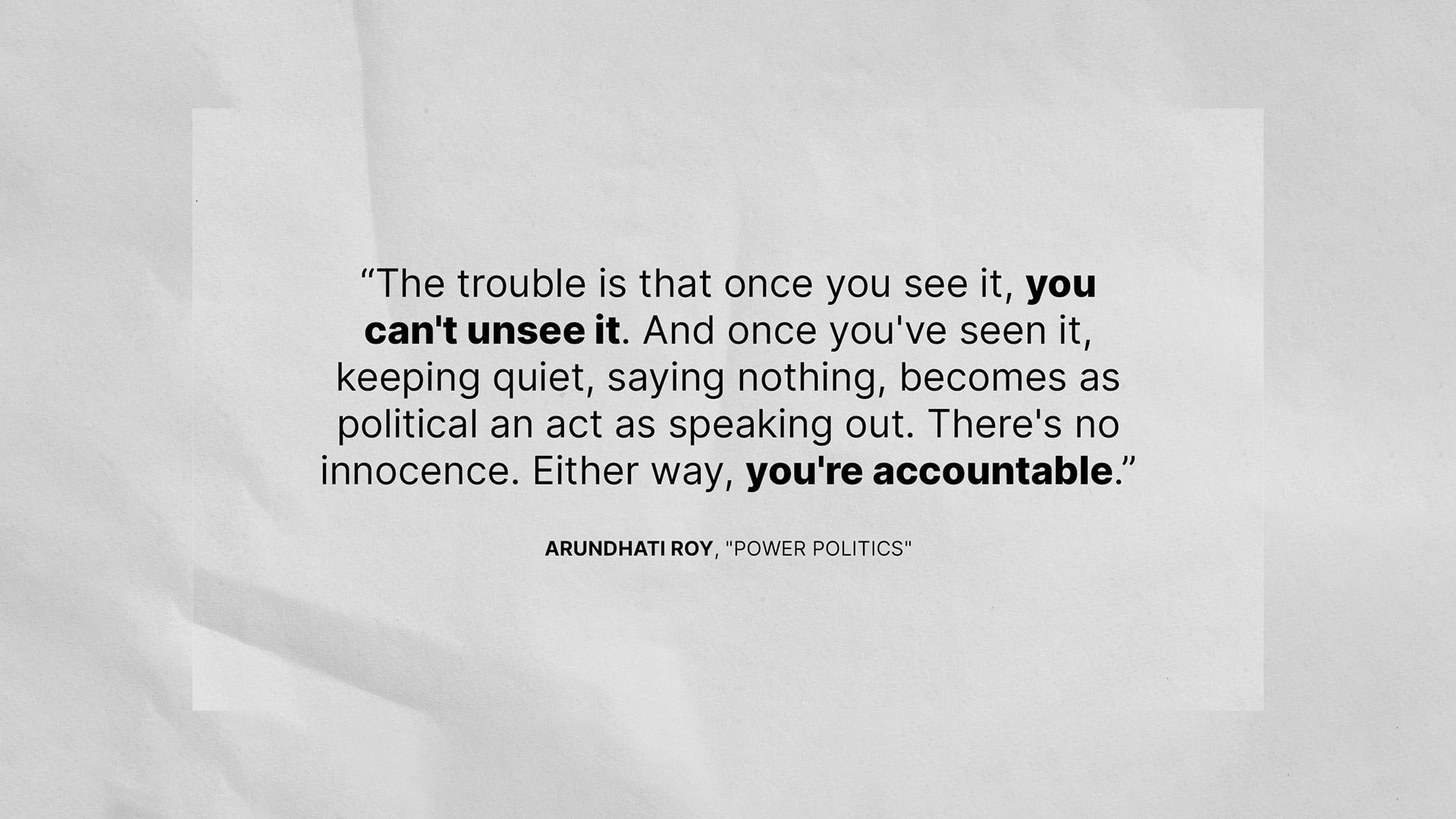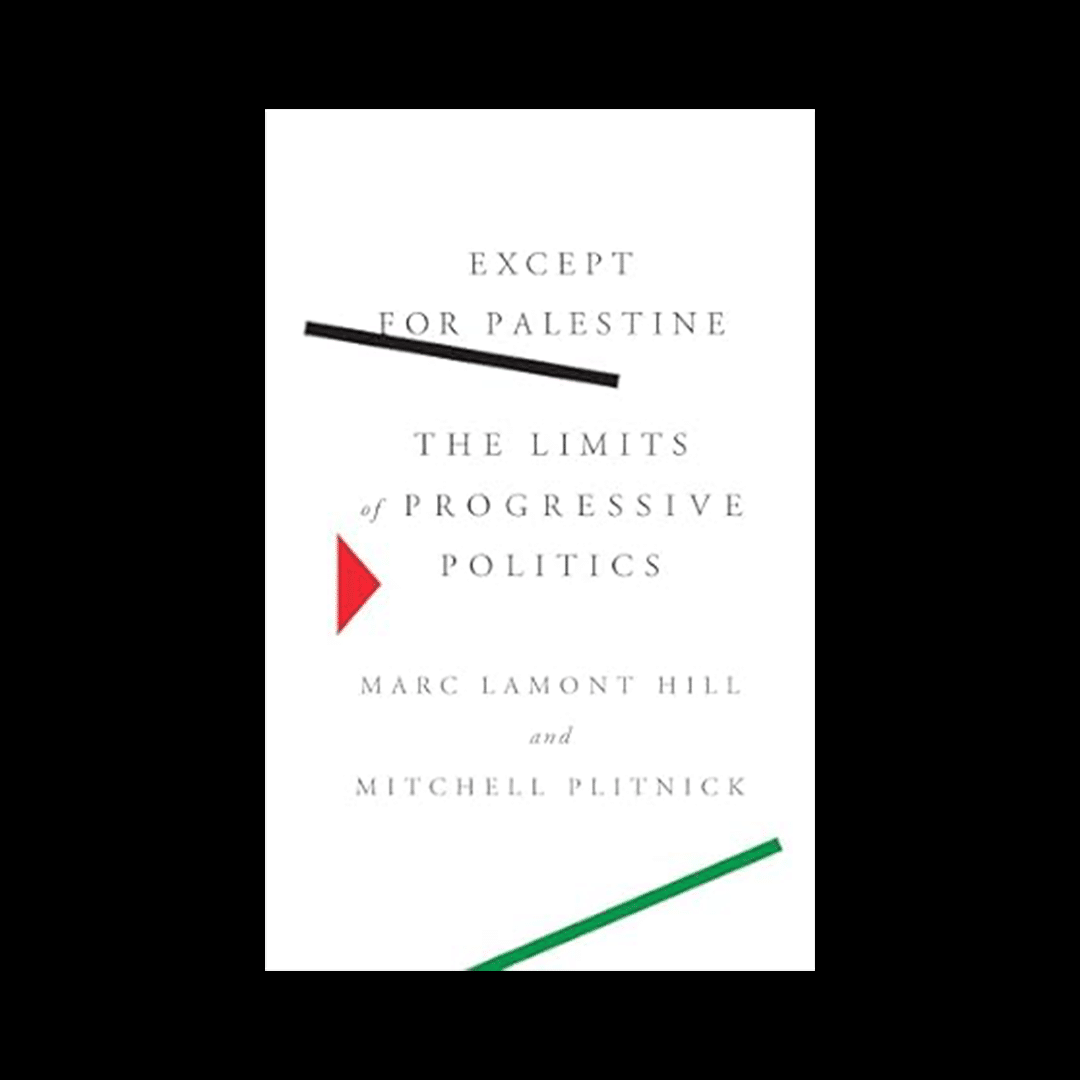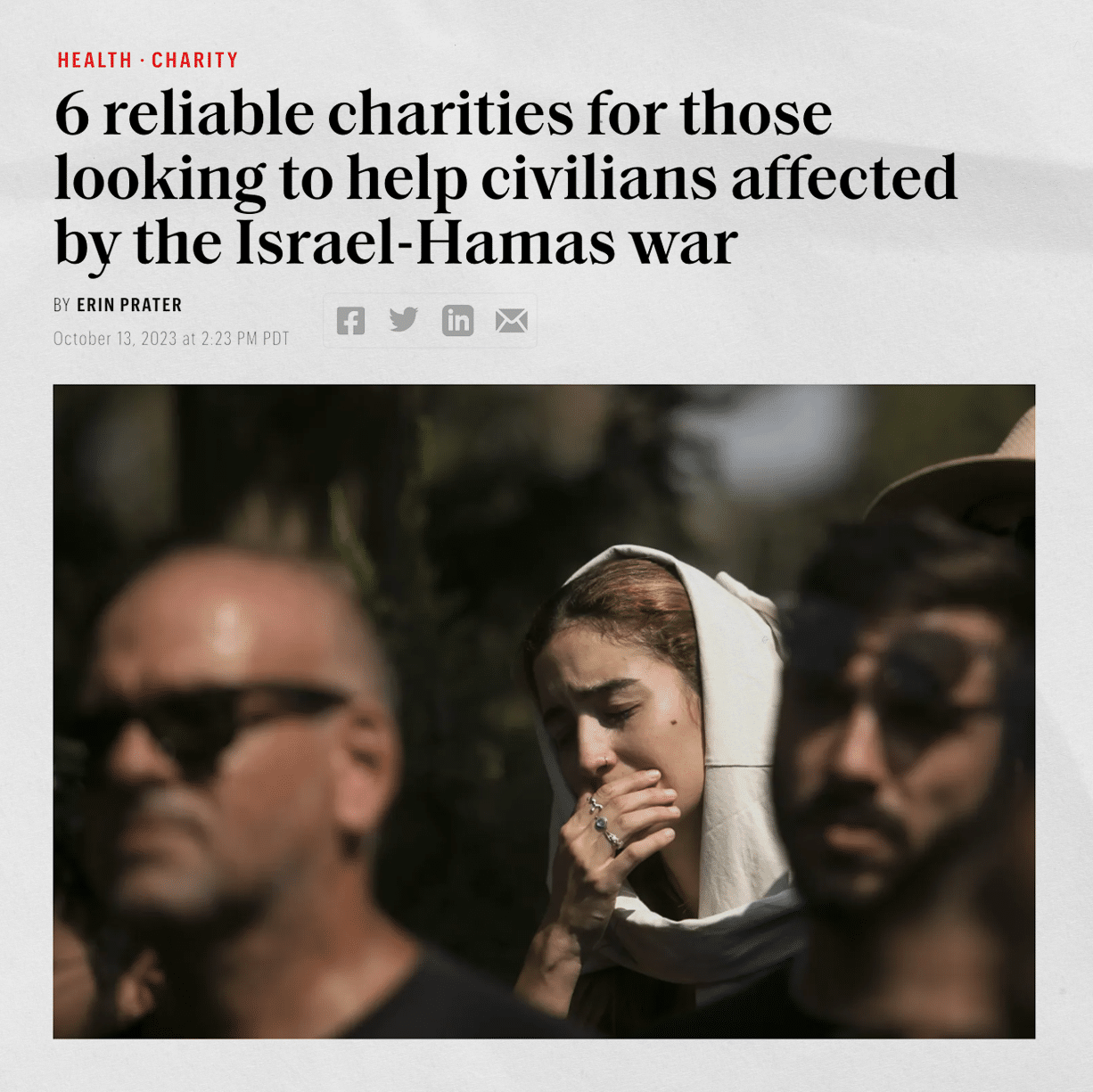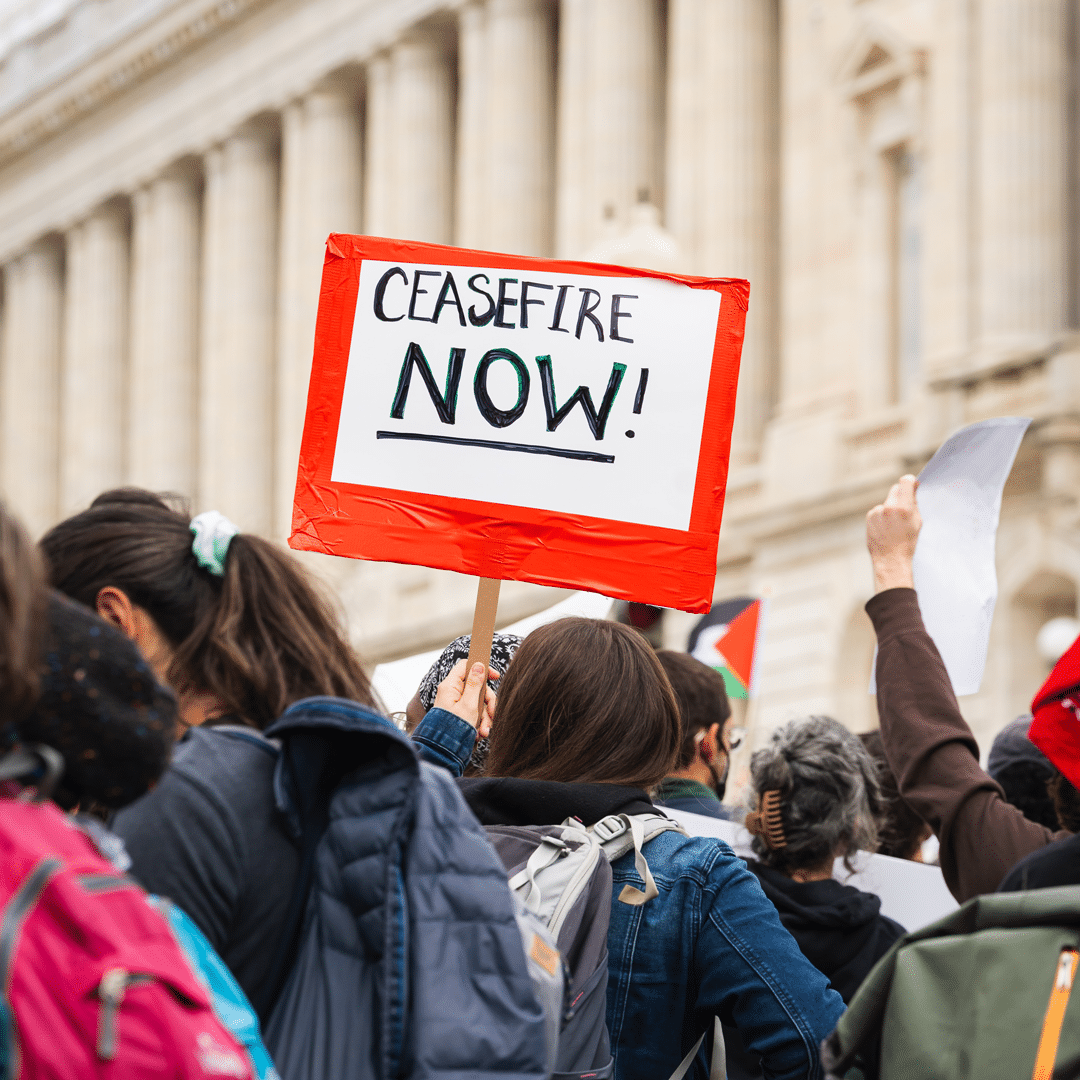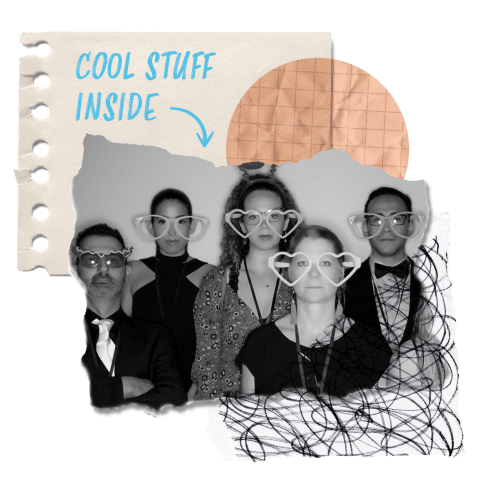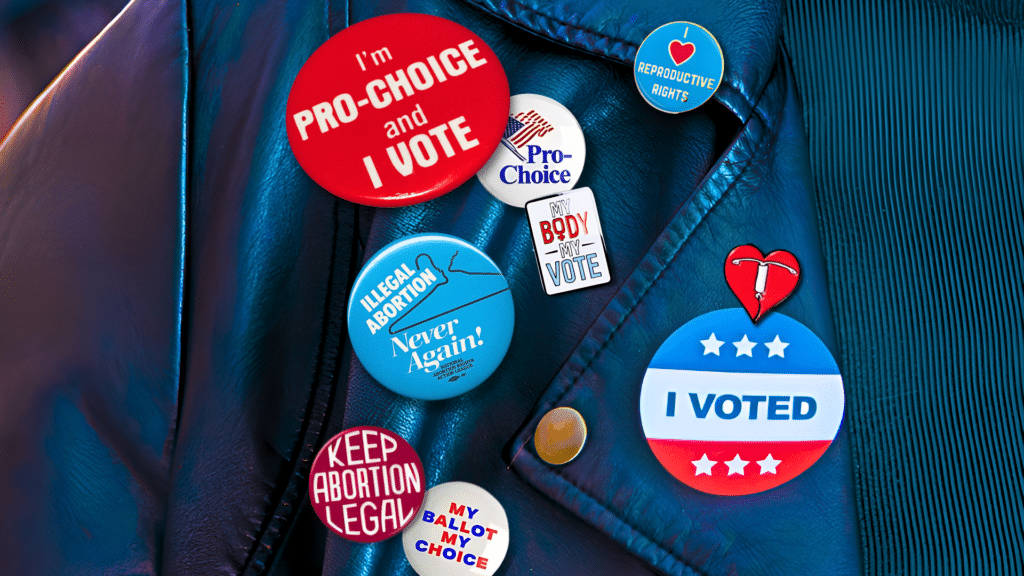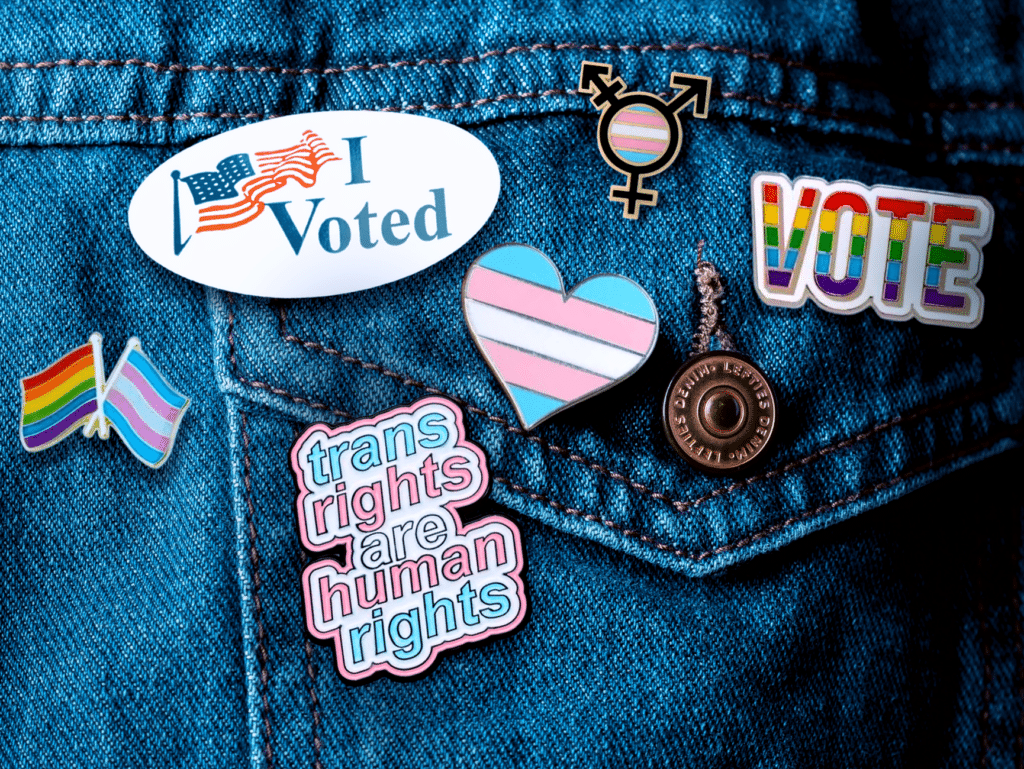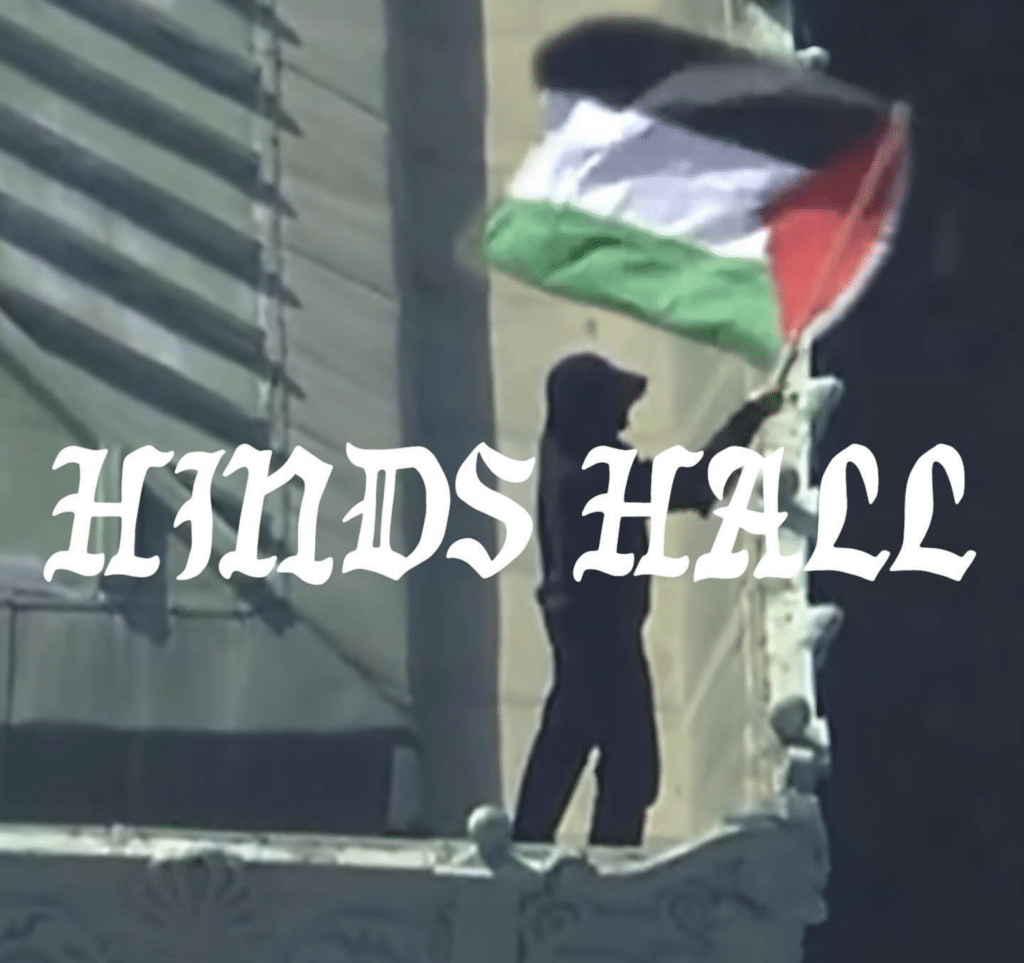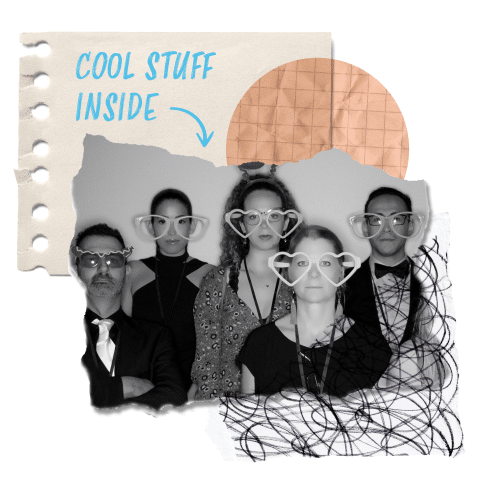We’re neither political experts nor scholars — and, we don’t have to be to speak up about the unrelenting atrocities in Palestine over the last ten weeks. At Mixte, our 4-person executive team is 50% Jewish and 25% Palestinian.
We see a shared reality — not from a political or religious lens, but a human lens.
That reality is this:
An inconceivable humanitarian crisis is unfolding before our eyes. As of this email, 80% of civilians living in Gaza have been displaced, and 2.5% of the Gaza Strip’s total population has been killed or injured, 40% of them children.
We see stories of parents searching for their children in the rubble of bombed buildings while doctors, journalists and humanitarian workers are murdered in numbers never before seen. Babies and children are on the brink of death facing famine, starvation, and widespread disease because of destroyed medical infrastructure. For the first time since 1971, the United Nations Secretary-General invoked article 99 of the UN charter, urging the Security Council to help avert a humanitarian catastrophe in Gaza. The U.S. vetoed this, and then last week, voted against the UN General Assembly’s call for a humanitarian ceasefire.
From the horrors of October 7 to the atrocities inflicted hourly by the Israel Defence Forces’ siege in Gaza, far too many people, Palestinians and Israelis alike, are suffering.
Simultaneously, the fear of being categorized as antisemitic keeps so many from criticizing the disproportionate actions of Israel’s government. It results in acceptance of blatant, unchecked war crimes and violations of international humanitarian laws — and prevents dialogue about the world we’ll accept, and more importantly, about the world we won’t.
We won’t accept that any government can be allowed to create a graveyard for children and justify it as collateral damage, and we won’t accept that being critical of mass murdering civilians makes us antisemitic. Not when we witness the truths that this prolonged siege is unleashing: a level of dehumanization of the Palestinian people from Israel’s armed forces. The more unchecked we let these actions get, the more obvious Israel’s brazen lack of care for civilians becomes.
After more than two months of these human rights violations, our message is simple:
Don’t stop speaking up.
Now is when we must call more people in — especially progressive people who advocate for equity, yet may be intimidated about speaking up about Palestine.
We’re asking you to lean in.
Here are a few ways you can keep showing up for Palestine:
If you’re progressive and afraid to speak up, read this book.
Have you rallied for Black lives? Celebrated Pride? Spoken up against Asian Hate? Do you feel angry that we separate migrant families at the border? Do you speak up for Palestine? If the answer to that question is “no,” you might be what’s known as a “PEP” — progressive except Palestine. Read this book to understand the limits of progressive politics.
Provide humanitarian support for Palestinians in Gaza.
With decimated medical infrastructure and catastrophically minimal access to food, power, water and shelter, humanitarian assistance is one of the most critical things we can provide for civilians in Gaza right now. Here are six international organizations to support. This list includes the colleagues of our client UNRWA USA who put their lives on the line every day to deliver this aid — and they, too, are being killed.
Join the worldwide movement calling for a ceasefire.
Nearly one million people across the United States have called for a ceasefire — from Jewish Voices for Peace to the US Campaign for Palestinian Rights and many more in between. Polling as recent as December 5, 2023 shows that the majority of voters support a permanent ceasefire in Gaza. Today, we ask you to join them.
Need some guidance on getting started? Consider some of the things our team is doing as a first step:
- Follow and share information from organizations above on social media, and follow journalists in Gaza like @motaz_azaiza @hindkhoudary and @noor.harazeen
- Research if your elected officials have called for a ceasefire. If they haven’t, email or call to urge them to. The entities above make it really easy to do this.
- Look up rallies, marches or actions happening in your community and show up. Invite your friends to join you.
- Visit your favorite small business and talk to them about a small thing they can do — like making “ceasefire lattes” and donating that money to Doctors Without Borders.
- Invite a few friends to dinner to talk about Palestine and Israel. You can even begin by asking, “Who doesn’t know where to start?”
- Reflect on and question why you’re afraid to speak up for Palestine. How would it be different if it was another country, and why?
The great novelist Alice Walker once said, “The most common way people give up their power is by thinking they don’t have any.”
As we head into the holidays, don’t let the injustice in Palestine fade into the background. Find your ways to keep showing up in your community, and use your voice for the thousands of people who are left unheard. You don’t have to be a political expert or a scholar to take one small step.
And then another.
And then another.
In solidarity,
– Your friends at Mixte
